Living in Harmony
with nature
Tanzania
Smart into the future
How Tanzania’s youth are becoming wildlife savvy
Tanzania is a dream destination for many. Over 20 national parks, including the famous Serengeti, afford travellers breath-taking landscapes: expansive savannahs, woodland, the majestic Kilimanjaro as well as rivers and lakes are home to countless wildlife – from the antelope to the zebra. It is important to conserve nature as the country’s most valuable asset. At the same time, tourism is an extremely important economic factor for Tanzania. Gentle tourism that honours natural heritage is thus important for the country.
Wild animals often pose a threat to the local population. Owing to Tanzania’s increasing population, the wildlife-animal-conflict is becoming a problem in some regions. In many cases, the hunting and grazing territories of wild animals extend to areas where the population farms their fields and on which their valuable livestock graze.
That’s why the DER Touristik Foundation has set itself the goal of raising the population’s awareness on issues of environmental protection and animal welfare, and of developing an understanding about the need for a respectful coexistence between humans and nature. For instance, one project instructs farmers in Tanzania on how to erect chilli fences to protect their harvests against elephants – a natural and very effective measure. After all, the protection of wildlife is only meaningful for the local population if they gain an understanding of this, and their own livelihood is secured.
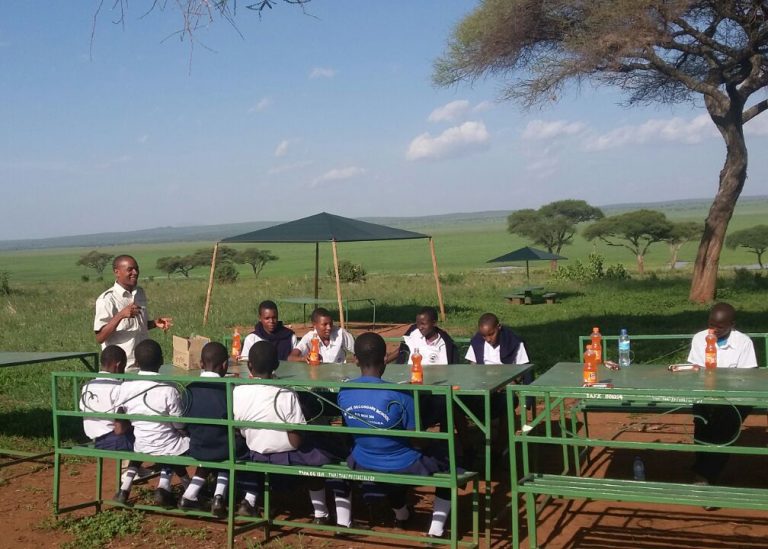
The environmental education programme “Living in Harmony with Nature” starts with children and young people so as to create a sustainable awareness of Tanzania’s natural treasures. It raises awareness among secondary school pupils aged between 14 and 20 years in the North-eastern Simanjiro district on how to meaningfully and effectively approach wildlife and species conservation in the region.
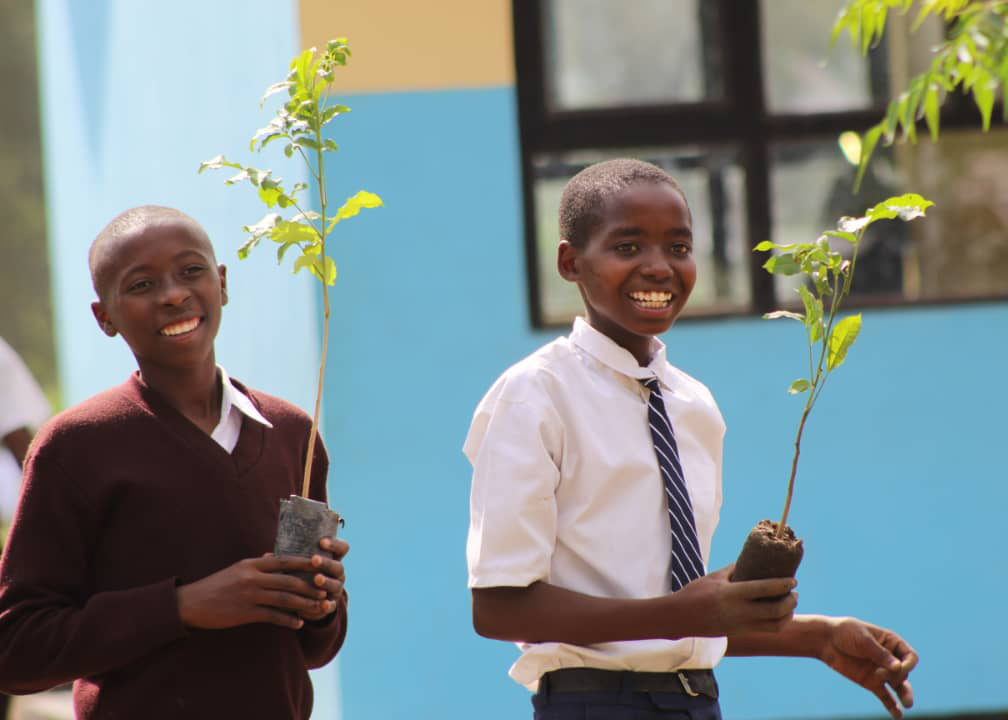
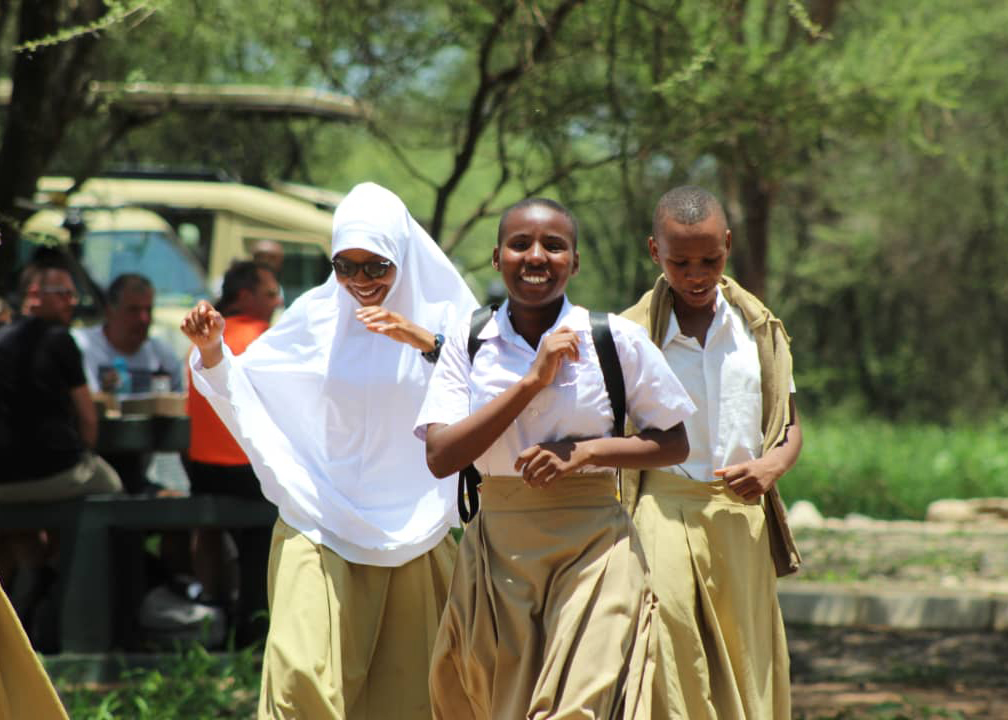
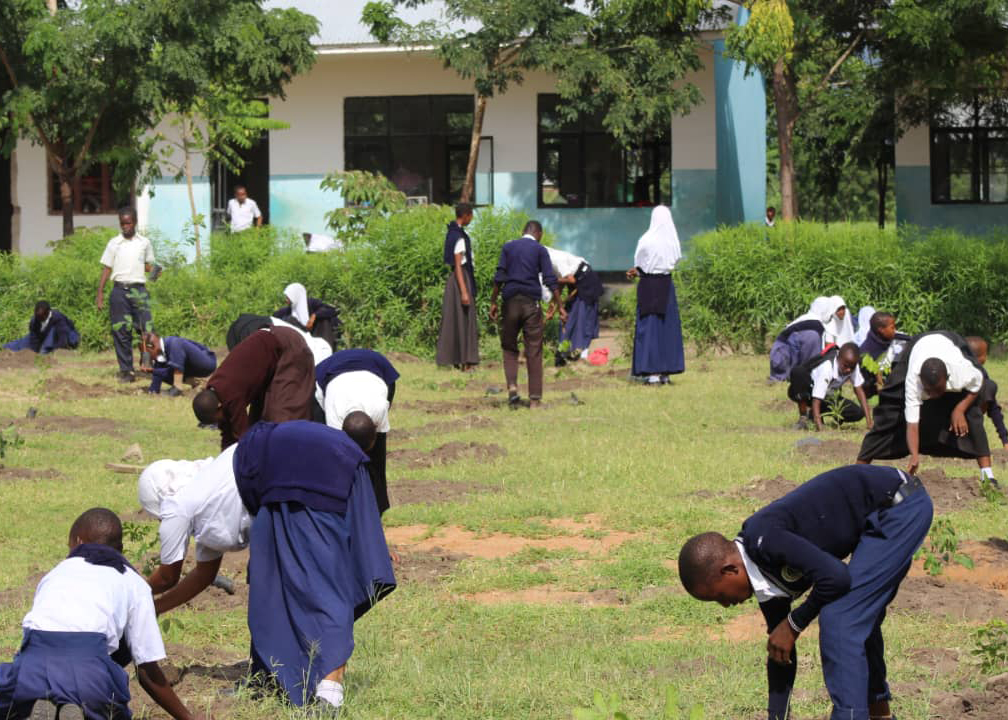
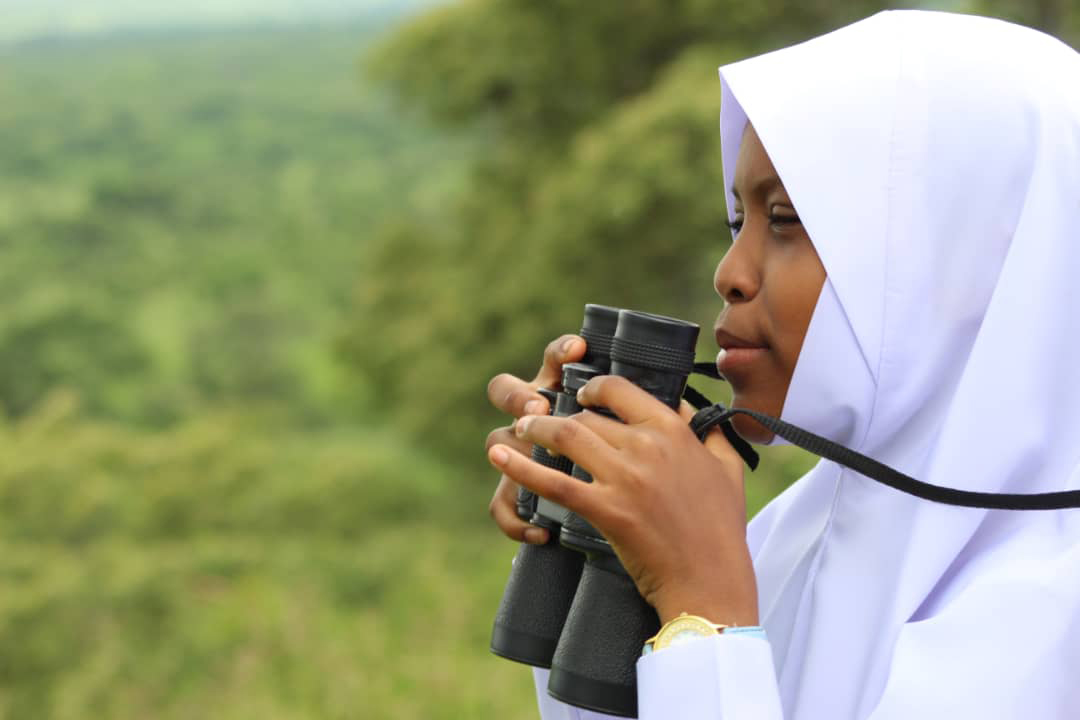
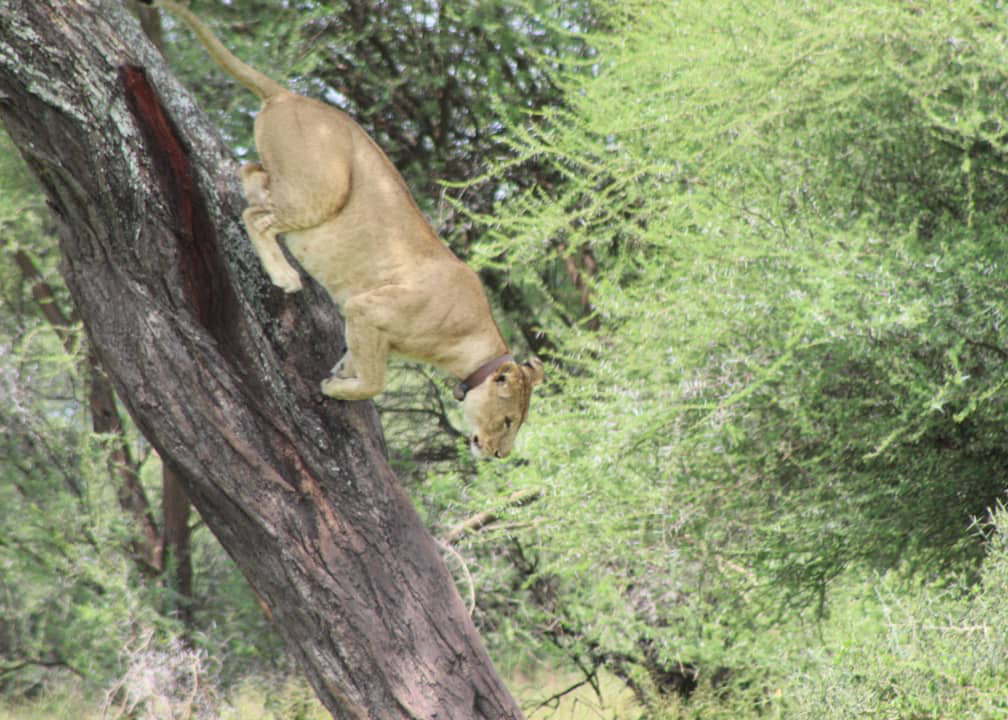
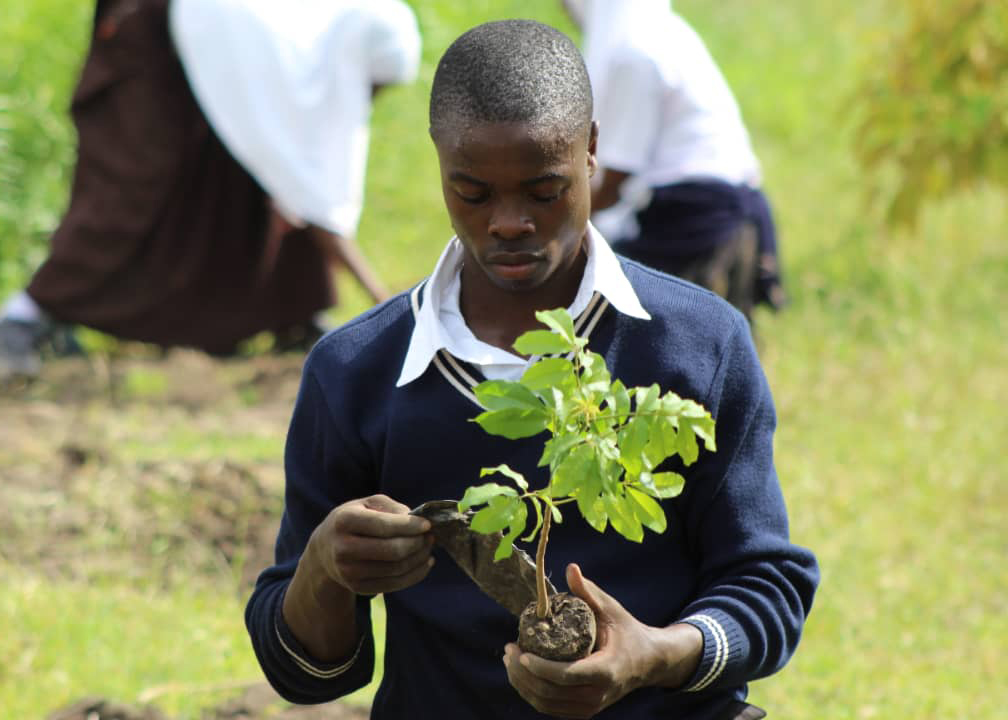
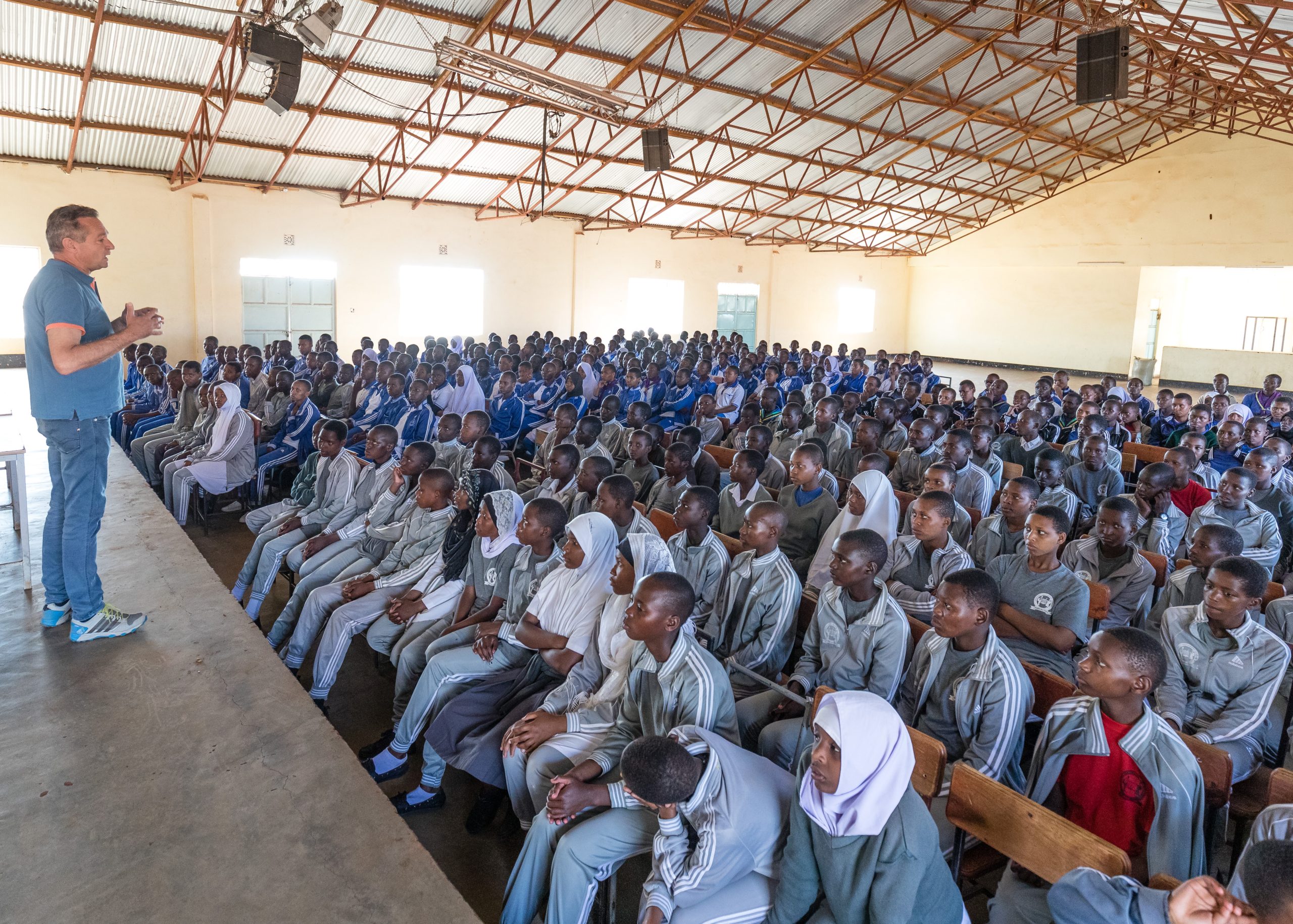
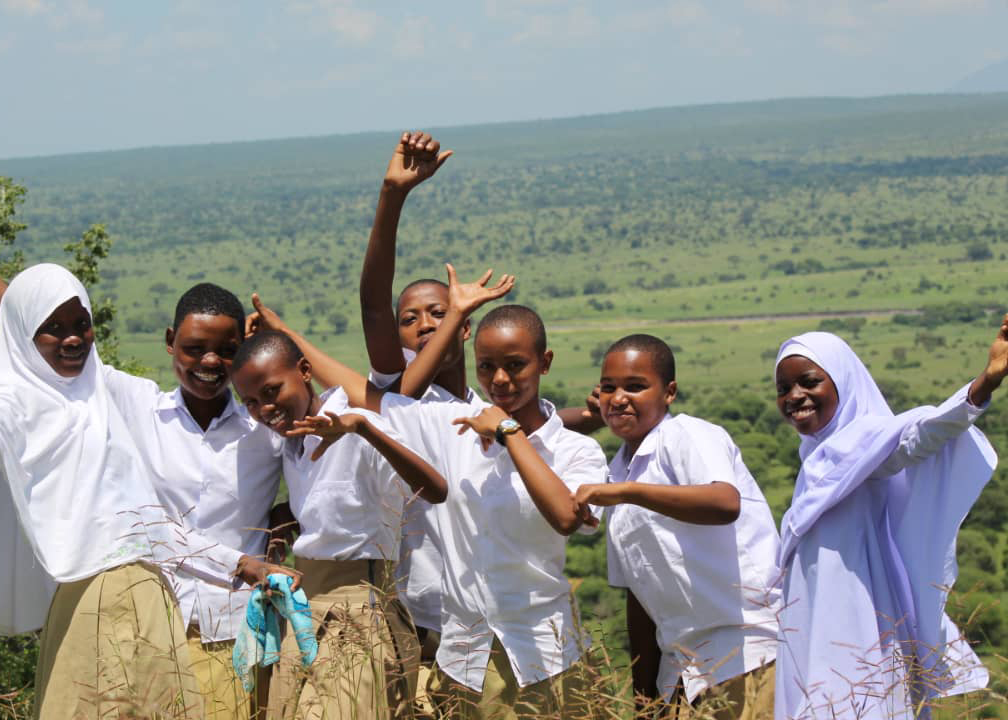
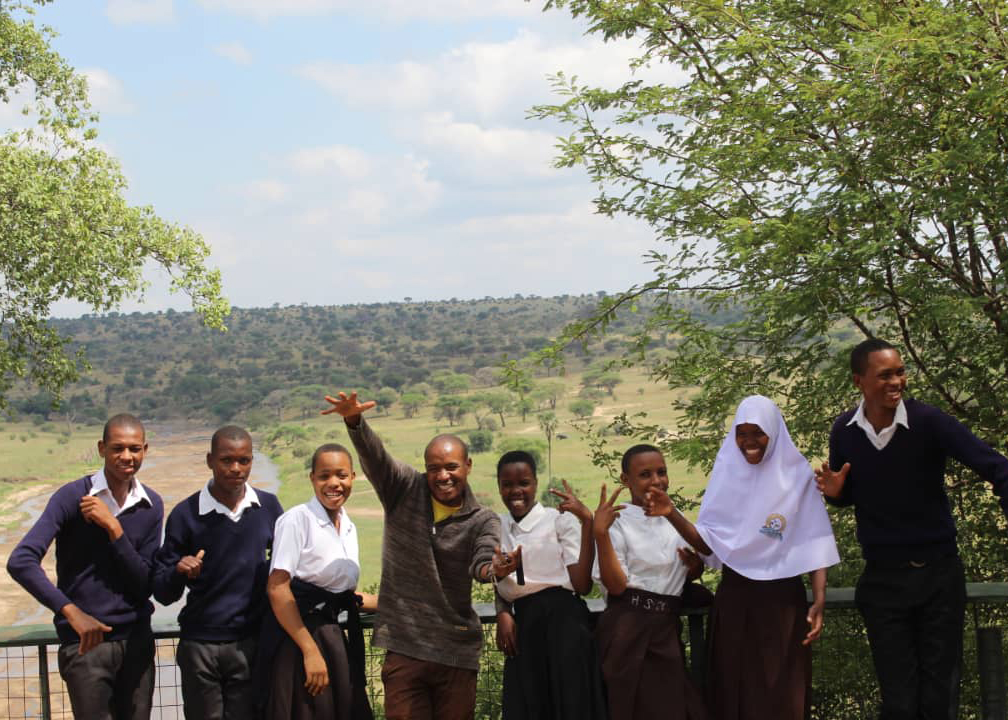
The DER Touristik Foundation draws on the resources of experienced local partners. Already since 2017, more than 500 secondary school pupils have received annual training at three schools with illustrative learning material, supplemented by environmental theme days at the bordering Tarangire National Park.
The pupils transfer their knowledge on environmental protection and animal welfare and responsible tourism to their parents and grandparents, who are often illiterate and thus difficult to reach via informational material. In the long run, these young people will also have a family and pass on their knowledge to future generations.
Our cooperation partners:
Upendo – Verein zur Förderung von Entwicklungsprojekten in Afrika e.V.
The association promotes development cooperation at local level in Africa, and in Tanzania in particular. Project work is carried out in close cooperation and coordination with the government.
PAMS Foundation
Established in 2006, the Foundation consists of a team of 200 gamekeepers advocating for the protection of wild animals in Tanzania. Their goal: protecting wild animals and nature in such a way that the local population participates and benefits at the same time.
